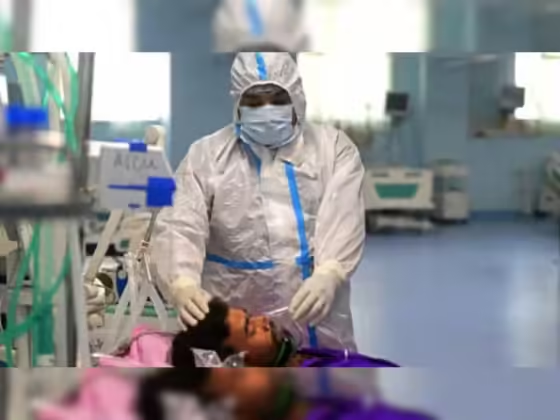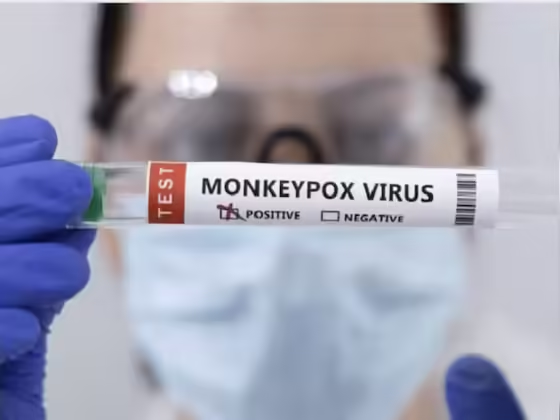New Delhi, August 22: The recent resurgence of Mpox, or monkeypox, has sparked concerns about the potential for a widespread outbreak and the possibility of strict measures, reminiscent of the COVID-19 pandemic. While the virus has spread rapidly in certain regions, experts maintain that a full-scale lockdown is unlikely due to several factors.
Speaking to the media, Hans Kluge, WHO regional director for Europe, said, “We already know a lot about clade 2. Now, we need to learn more about clade 1″ — the new, more contagious variant. We can and must tackle mpox together”. He further added, “Will we choose to put the systems in place to control and eliminate mpox globally? Or we will enter another cycle of panic and neglect? How we respond now and in the years to come will prove a critical test for Europe and the world.”
Understanding Mpox
Mpox is a viral illness that can cause a range of symptoms, including fever, headache, muscle aches, fatigue, and a rash. While it is not as contagious as COVID-19, it can spread through close contact with an infected person or animal. The virus can also be transmitted through contaminated materials, such as bedding or clothing.
Mpox vs. COVID-19
While Mpox and COVID-19 share some similarities, there are also significant differences. Mpox is generally less contagious than COVID-19 and does not have the same airborne transmission capabilities. Additionally, the symptoms of Mpox are often more localized and less severe than those of COVID-19.
The Current Outbreak
The current Mpox outbreak has seen a significant increase in cases globally. However, the spread of the virus has been uneven, with some regions experiencing more severe outbreaks than others. This uneven distribution has made it challenging to predict the overall trajectory of the outbreak.
Factors Preventing a COVID-Like Lockdown
Despite the rising number of Mpox cases, experts believe that a full-scale lockdown is unlikely for several reasons:
- Limited Contagiousness: Mpox is generally less contagious than COVID-19. While it can spread through close contact, it does not have the same airborne transmission capabilities. This means that the virus is less likely to spread rapidly through large populations.
- Targeted Interventions: Public health officials have the tools to effectively manage Mpox outbreaks. These tools include vaccines, antiviral medications, and contact tracing. By implementing targeted interventions, it is possible to contain the spread of the virus without resorting to draconian measures.
- Global Preparedness: The world has learned valuable lessons from the COVID-19 pandemic. As a result, there is a greater level of preparedness for emerging infectious diseases. This includes improved surveillance systems, rapid response capabilities, and a better understanding of disease dynamics.
- Economic Impact: A full-scale lockdown would have a devastating impact on the global economy. Governments are likely to be hesitant to impose such measures unless they are absolutely necessary to prevent a catastrophic loss of life.
The Importance of Prevention
To prevent a widespread monkeypox outbreak, it is essential to implement effective public health measures. These measures include:
- Vaccination: Ensuring that vulnerable populations have access to vaccines is crucial.
- Contact Tracing: Identifying and isolating individuals who have been exposed to Mpox can help prevent further transmission.
- Education: Raising awareness about Mpox and its symptoms can help people take precautions to protect themselves and others.
- Global Cooperation: International collaboration is essential for managing a global health threat. By working together, countries can share information, resources, and best practices.
While monkeypox poses a significant challenge, it is important to remember that it is not a new COVID-19. By taking appropriate measures and learning from the experiences of the past, we can prevent a widespread outbreak and protect public health. It is crucial to remain calm, informed, and proactive in our response to this emerging threat.











